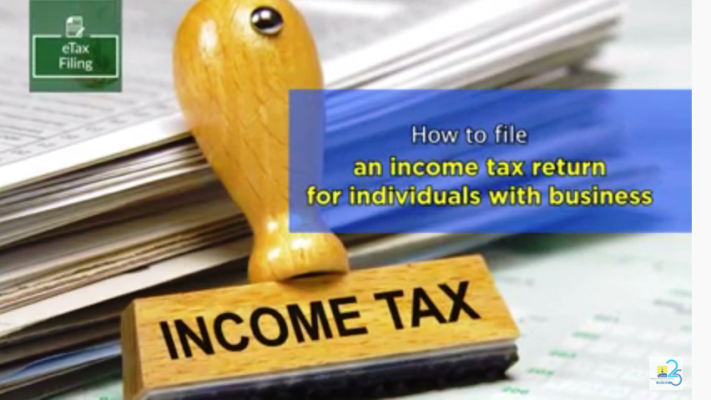Little investment in tax education among the public is one of the key factors behind low revenue collections by Uganda Revenue Authority (URA), a latest study report released by Makerere university has revealed.
The study sought to understand gaps existing in tax education and how they can be packaged into improving compliance and later broaden the tax base in the country .
The lead researcher who is also an Associate Professor at the School of Economics- Makerere University, Prof.Eria Hisali while releasing this survey said that though Uganda’s tax collection had increased due to several tax reforms since 1991, the tax revenue to GDP has remained low in comparison to other East African countries like Kenya ,Burundi Rwanda and Tanzania.
He attributed Uganda’s low tax base to a low tax morale of the tax payers and would be taxpayers which is brought about by poor service delivery .
He said that limited tax information among tax payers hinders tax compliance among potential and already existing taxpayers.
The major gaps identified in this study included limited awareness about Tax Identification Numbers(TIN),lack of information on how to acquire TIN and limited knowledge between taxes and other local government dues and fees including limited knowledge on how to formalize businesses.
The Kampala City Traders Association Chairperson, Everest Kayondo said that URA should explain why its cooperation with Uganda Registration Services Bureau (URSB) is not being implemented in local councils while people are formalizing their businesses.
He said willing tax payers get stressed up in registering their businesses while moving from URA to URSB.
Kayondo added that that tax payers should be treated fairly when they pay taxes to encourage others who would have wanted to evade the tax to also pay their equal share.





